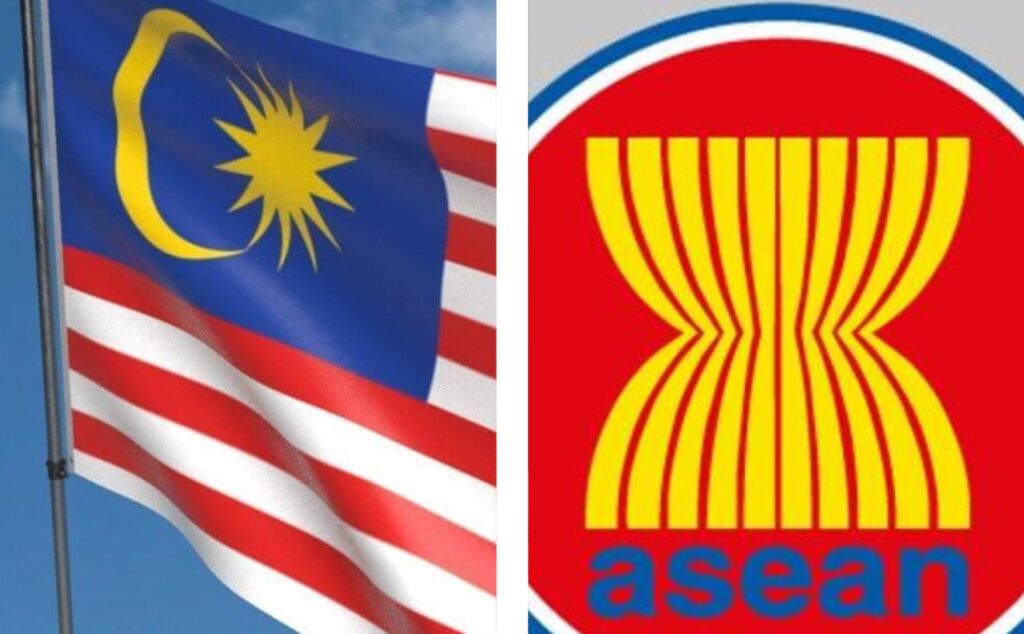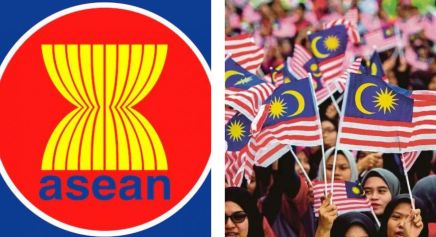By Maybelene Marcelino
Malaysia believes the Association of Southeast Asian Nations (ASEAN) is well-positioned to become a significant stabilising force in the emerging multipolar world order.
ASEAN’s peacemaking role
Located at the heart of a dynamic region, ASEAN is considered a mediator for dialogue between major powers such as the US, China and Russia.
Its member states’ diverse relationships with these powers allow for a more balanced perspective and less biased approach to mediation.
Malaysian Education Minister Datuk Seri Zambry Abdul Kadir said ASEAN is fully capable of mediating and balancing tensions between powerful nations through diplomatic solutions to international disputes.
Facilitate discussions
He emphasised that with Malaysia as the current ASEAN chair, the region can facilitate discussions on important global and regional issues effectively.
“We have long discussed a unipolar world, where one nation holds all the power. But now, we are moving into a multipolar world. In this new global order, ASEAN could step up as a middle power, balancing the influence of major nations,” he said at a forum titled “The Impact of Trump’s Election and His Policies on the World”, as cited by Buletin Utama.
The forum was organised by BN at the World Trade Centre in Kuala Lumpur.
Optimism expressed
Meanwhile, Zambry expressed optimism that the recent developments in the US would open up new avenues for political engagement on the world stage.
“With Trump leading the United States, we can anticipate how his leadership might influence global politics and how this will impact Malaysia in various spheres including politics, economics, and international relations,” he added.
Experts call for flexibility and dynamism
Analysts and observers contend that ASEAN’s ability to adapt to the ever-shifting global landscape is crucial to its future success as a central player in global politics.
They noted that as the world accelerates toward a multipolar framework and geopolitical tensions rise, the organisation should prioritise enhancing its influence to maintain regional peace and stability.
In a recent statement, Thailand’s Foreign Ministry spokesperson Nikorndej Balankura underscored the need for ASEAN to undertake a more dynamic and flexible approach in addressing contemporary challenges and to remain relevant on the world stage.
Flexibility key
“We are living in a time of fast-paced, ever-changing geopolitical dynamics. ASEAN must be flexible and quick to adjust to these shifts,” Balankura stated, as quoted by Free Malaysia Today.
Highlighting ASEAN’s success with the development of the ASEAN Outlook on the Indo-Pacific – which has garnered praise from the international community – he said this initiative positions ASEAN at the centre of regional affairs, promoting cooperation with global powers without direct confrontation.
YOU MAY ALSO LIKE: ASEAN’S fate: Hinging on Malaysia’s response to global instability

The AOIP, launched in 2019, advocates for ASEAN’s pivotal role in regional co-operation and decision-making. It primarily adapts the Indo-Pacific concept, initially promoted by the US, to better align with regional needs.
Balankura described the AOIP as an “excellent example of our proactive role,” highlighting ASEAN’s capacity to devise initiatives that complement superpower actions while fostering cooperation.
READ NEXT: US to lose international foothold as USAID faces end of the line
